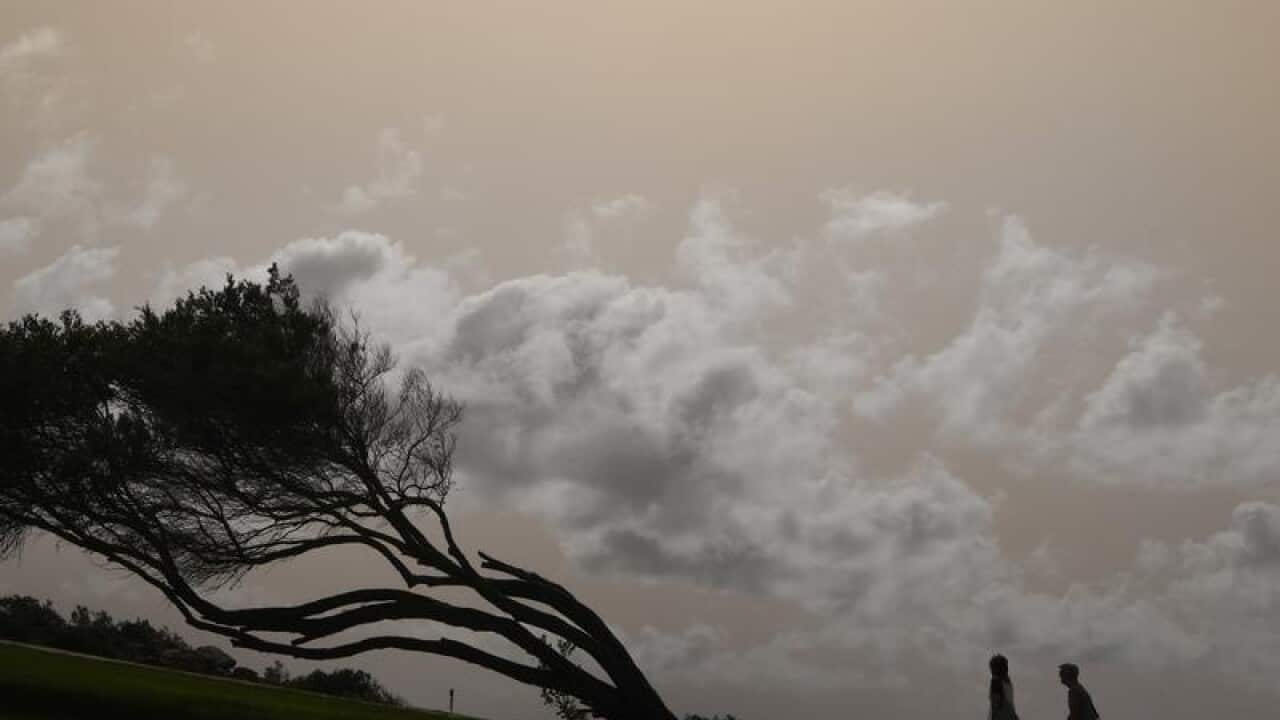More than 500 species of plants have disappeared in the past 250 years - more than twice the number of birds, mammals and amphibians recorded as extinct, according to a new study.
Scientists at the Royal Botanic Gardens, Kew, and Stockholm University carried out a groundbreaking global analysis of all plant extinction records to come up with the figure.
The research, published on Monday in the journal Nature, Ecology & Evolution, brought together data from fieldwork, literature and herbarium specimens to show how many plant species have gone extinct, what they are, where they have disappeared from and what lessons can be learned to stop future extinction.
The study found that 571 plant species have disappeared in the last two and a half centuries - four times more than the current listing of extinct plants.
The figure is also more than twice the number of birds, mammals and amphibians recorded as extinct - a combined total of 217 species.
"Most people can name a mammal or bird that has become extinct in recent centuries, but few can name an extinct plant," Dr Aelys M Humphreys, assistant professor at the Department of Ecology, Environment and Plant Sciences at Stockholm University.
"This study is the first time we have an overview of what plants have already become extinct, where they have disappeared from, and how quickly this is happening.
"We hear a lot about the number of species facing extinction, but these figures are for plants that we've already lost, [and] provide an unprecedented window into plant extinction in modern times."
The scientists found plant extinction is happening as much as 500 times faster than "natural" background rates of extinction - the normal rate of loss in earth's history before human intervention.
The scientists found the highest rates of plant extinction to be on islands, in the tropics and in areas with a Mediterranean climate.
The research suggested the increase in plant extinction rates could be due to the same factors that are documented as threats to many surviving plants - change of land use resulting in the fragmentation and destruction of native vegetation, particularly range-restricted species.
"Plants underpin all life on earth, they provide the oxygen we breathe and the food we eat, as well as making up the backbone of the world's ecosystems - so plant extinction is bad news for all species, Dr Eimear Nic Lughadha, co-author and conservation scientist at Kew said.
"This new understanding of plant extinction will help us predict (and try to prevent) future extinctions of plants, as well as other organisms.
"Millions of other species depend on plants for their survival, humans included, so knowing which plants we are losing and from where will feed back into conservation programmes targeting other organisms as well."
Plants species which have disappeared include the Chile sandalwood, a tree that grew on the Juan Fernandez Islands between Chile and Easter Island, and was heavily exploited for its scent.
Another is the St Helena olive, first discovered in 1805 on the island of St Helena in the South Atlantic.
One lone elderly tree survived until 1994 and two more were propagated from cuttings, but they succumbed to a termite attack and fungal infections in 2003.
Share

